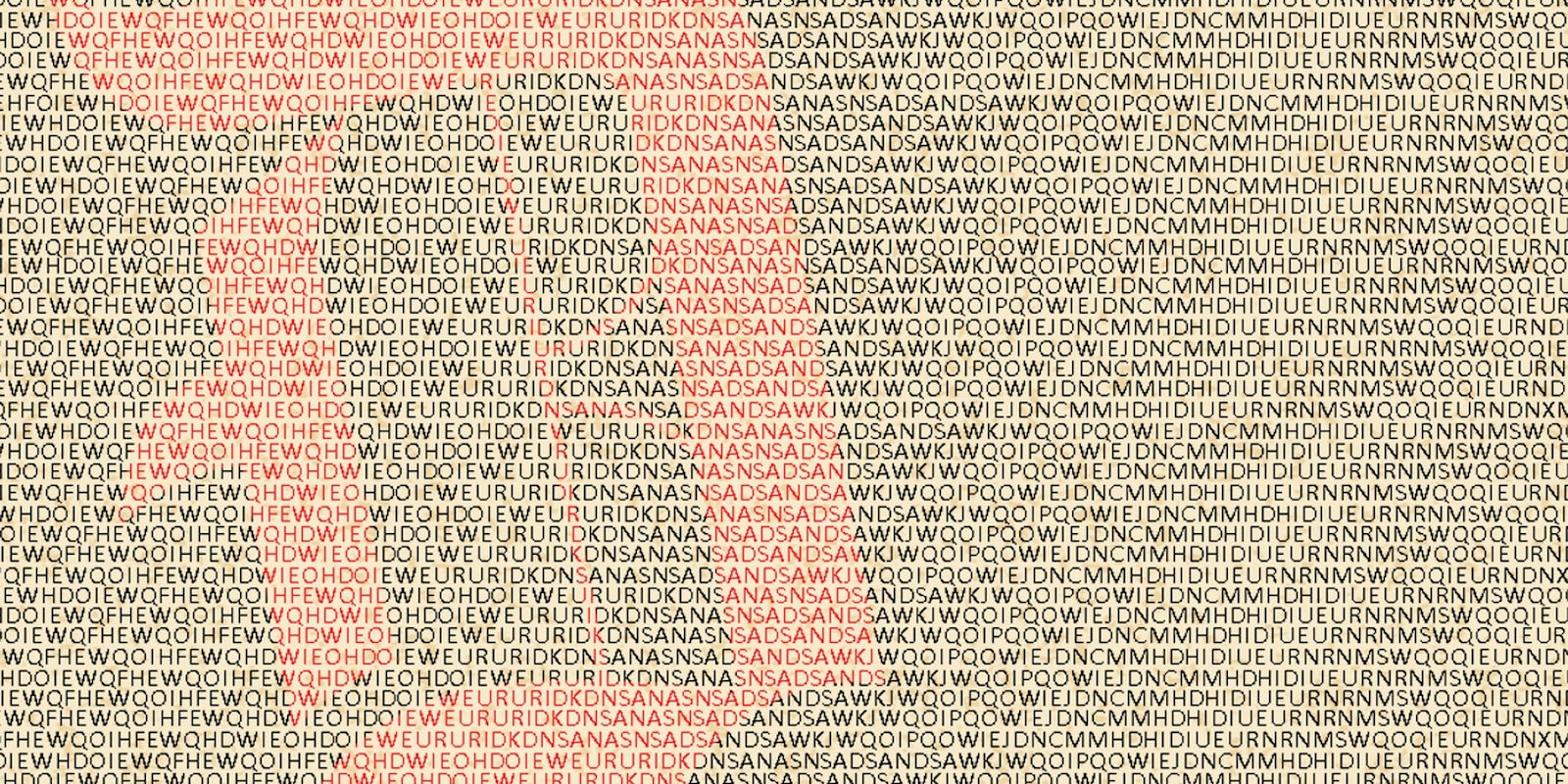Clarence Clemons died last week, just as his career was undergoing a revival: The E Street Band saxophonist recently appeared in Lady Gaga’s “Edge of Glory” music video.
Which made me feel like kind of a jerk for admitting I preferred the version of the song that ran as an ad for Google’s Chrome Web browser, where Gaga appears against a montage of fans uploading their tributes, riffs, and improvements on her oeuvre to YouTube.
One such fan—Gaga calls them “little monsters”—was James Bassett, a British teen who hung himself last December at the age of 16. He left behind a digital trail of his love for “Mother Monster,” as the singer is known in the Gagaverse, and a band of friends who launched a campaign to bring his dying wish to Gaga’s attention.
What did Bassett—”TheJamesmonster” on Twitter—want? He’d created a scrapbook and he wanted his mom to hand it to Gaga. The campaign was successful: Gaga tweeted a link to the video his friends posted and promised to email James’ mother, Julie Bassett.
After chronicling these events, Daily Dot reporter Fruzsina Eördögh emailed Julie Bassett, who declined to comment on her son’s death or the effort to connect with Lady Gaga. But Julie has been speaking on Twitter.
…
I don’t know quite why I was so touched by the death of James Bassett. But in the song his friends played in the YouTube video, “Hair,” Gaga sings about how we construct our selves:
“And if I’m a hotshot, Mom will cut my hair at night /
In the morning, I’m shorn of my identity.”
In the New York Times, Brian Stelter recently wrote about the naming and shaming of participants in Vancouver’s Stanley Cup riots as a way of addressing the end of online anonymity. The ease of sharing photos and linking them to social networks is leading to a day when our every action is an entry in a database—maintained not by Big Brother, but the giant swarm. The notion of “publicness” is spreading, like a contagion. The private spaces where we explore our identity are shrinking.
I think of James, trying on a series of costumes and looks inspired by Gaga, looking for his identity. Must it be something fixed and frozen? Once a rioter, always a rioter? I hope, for everyone’s sake, that we’re more complex than that.
We are our hair. But sometimes we forget it grows out.
…
April Hill, born with a nub for her left hand, has embraced it as part of her identity. Kevin Morris interviewed her after spotting her posting reactions to Reddit posts in the forms of drawings on her nub. She even used her nub to draw some of her responses to Morris’s questions. The biggest downside of this form of expression? “Chafing,” she said. Ah, there’s the rub.
…
Tom MacMaster, the author of “A Gay Girl Living in Damascus,” what we now know to be a fictional account of a lesbian woman living in Syria, tried to explain his deception this week. The problem was that we weren’t all mind readers, it seems. MacMaster meant his work as a piece of fiction: He just never bothered to tell anyone.
He’d earlier invented a straight, married version of his heroine, Amina Arraf, and no one noticed. So MacMaster deleted her. (In the morning, Amina was shorn of her identity.) Reinvented as a gay woman, “Amina” overnight attracted thousands of concerned supporters—and some suspicious reporters.
So was it a deliberate hoax, or just a work of fiction misshelved in the Internet’s “autobiography” section? We didn’t get this worked up when novelist-reporter Matt Richtel posed as a prostitute on Twitter.
…
Another work of fiction rocked Japan this week: Aimi Eguchi, a member of the hit pop band AKB48, came out as a virtual creation, a digital mashup of the six other members.
Given how mediated and constructed most pop stars are, would anyone have found her out? And don’t we all take bits and pieces from other people we admire—like Gaga’s little monsters, and Gaga herself, for that matter—to build ourselves? Without the copying, we’re just paste.
Correction: An earlier version of this column had the name of James Bassett’s mother wrong. It is Julie, not Julia.


